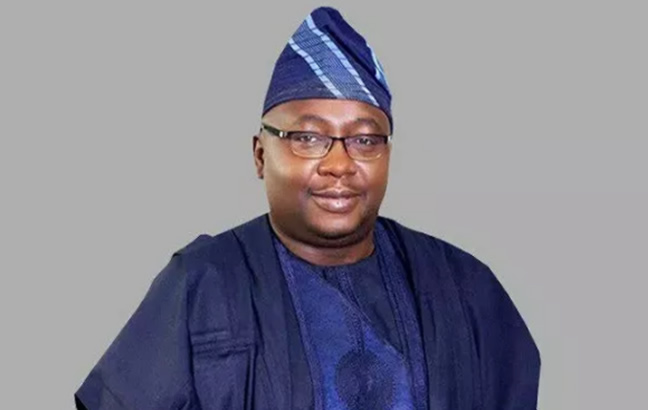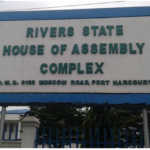
He said the nation’s power sector must work this time because the government is not joking.
He pointed out that the practice of increasing power generation without getting it to consumers was not his focus, stressing that the target of his ministry was to get all available electricity to customers.
Adelabu disclosed this at the third edition of the roundtable for the legislature, judiciary and stakeholders on the enforcement of technical standards and regulations in the Nigerian electricity supply industry and allied industries, organised in Abuja by the Nigerian Electricity Management Services Agency.
Nigeria has 23 power-generating plants connected to the national grid with a combined installed capacity of over 10,000MW and an available capacity of about 6,000MW.
However, only about 4,500MW of this power is supplied to consumers across the country.
Speaking at the event, Adelabu said, “My strategic roadmap for transforming this sector, top on the list is the bottom-up approach to reforming the sector. Past ministers may have started from the top, focusing on power generation from hydro, thermal, etc.
“But what is the essence of the generated power when it is not being delivered to customers? It is useless! It is blinking in the dark because the customers do not know what we are doing. We have to change the game.
“We are starting from the bottom up. We are focusing on the customers. Also, we need liquidity, if you don’t collect (revenue), how do we finance the activities along the value chain? So we start from the customers to distribution, transmission and generation.”
He said the government would, however, continue to ramp up power generation, introduce new infrastructure in the power sector and provide necessary support to monitor these installations.
“This infrastructure, we must ensure that they are of high-quality standard and acceptable quality. Now, who determines that, is it not NEMSA? Your work is very important, so if your activities have been taking eight hours per day, be ready for 12 hours.
“This is because we are not joking with the power sector this time around. It must work, we don’t have a choice. Any country that is serious about harnessing the potential of its natural mineral resources, needs energy, otherwise, the potential will be dead.”
The minister said President Bola Tinubu had promised to provide the required backing for the power sector to deliver electricity to Nigerians as expected.
“What we need here is the political will, and we have it. We might be light-weights in our respective capacities as individuals, but with the backing of Mr President who has resolved to deliver the dividends of democracy, we have become heavy-weights and we will throw those weights behind you at NEMSA and you will succeed,” he stated.
The Managing Director, NEMSA, Tukur Aliyu, said the enforcement of technical standards and regulations was critical in managing the growth of the electricity industry.
“It helps to ensure that all electrical installations deployed in the Nigerian Electricity Supply Industry meet the required technical standards, regulations and specifications to ensure that such systems are capable of delivering safe, reliable and sustainable electricity supply,” he stated.
Aliyu explained that in the course of carrying out NEMSA’s mandate in the past few years, the agency had met with resistance on several occasions.
“One of the reasons for such resistance is attributed to the lack of adequate knowledge about the agency’s mandate in the NESI by the relevant stakeholders.
“So this one-day enlightenment and interactive programme for legislators, judiciary, state government representatives and other stakeholders is aimed at bridging the knowledge gap in relation to NEMSA’s enforcement role in the industry.
“It is also an avenue to sensitise the legislators and judicial officers on the legal framework for the enforcement of technical standards and regulations in NESI and allied industries,” he stated.





